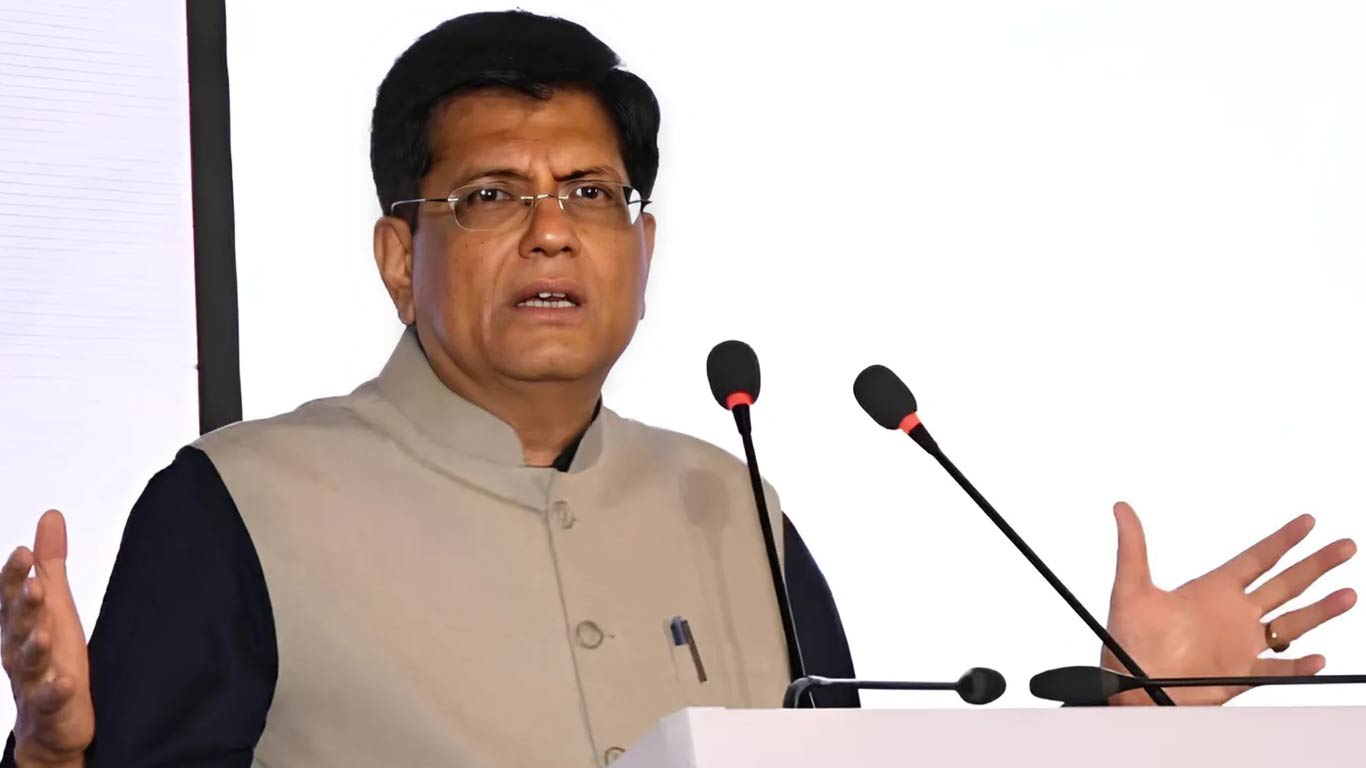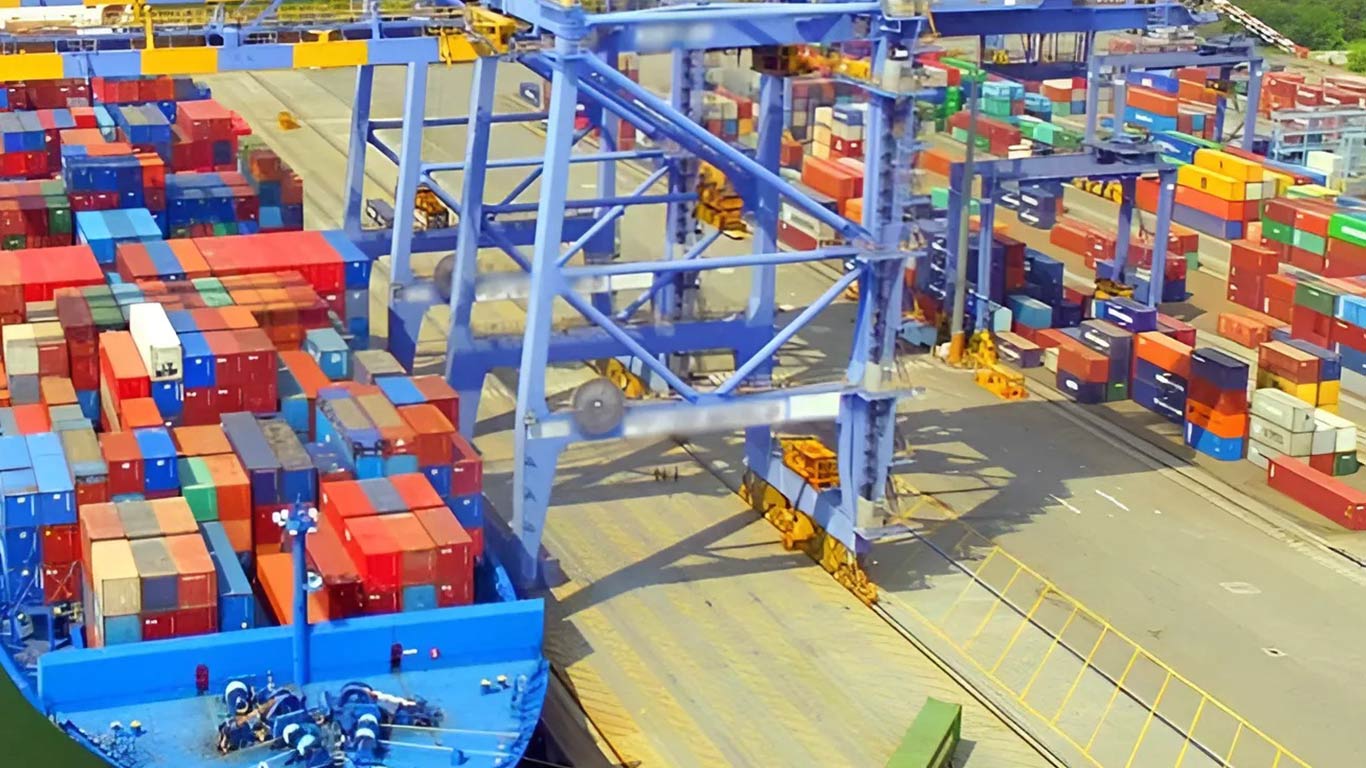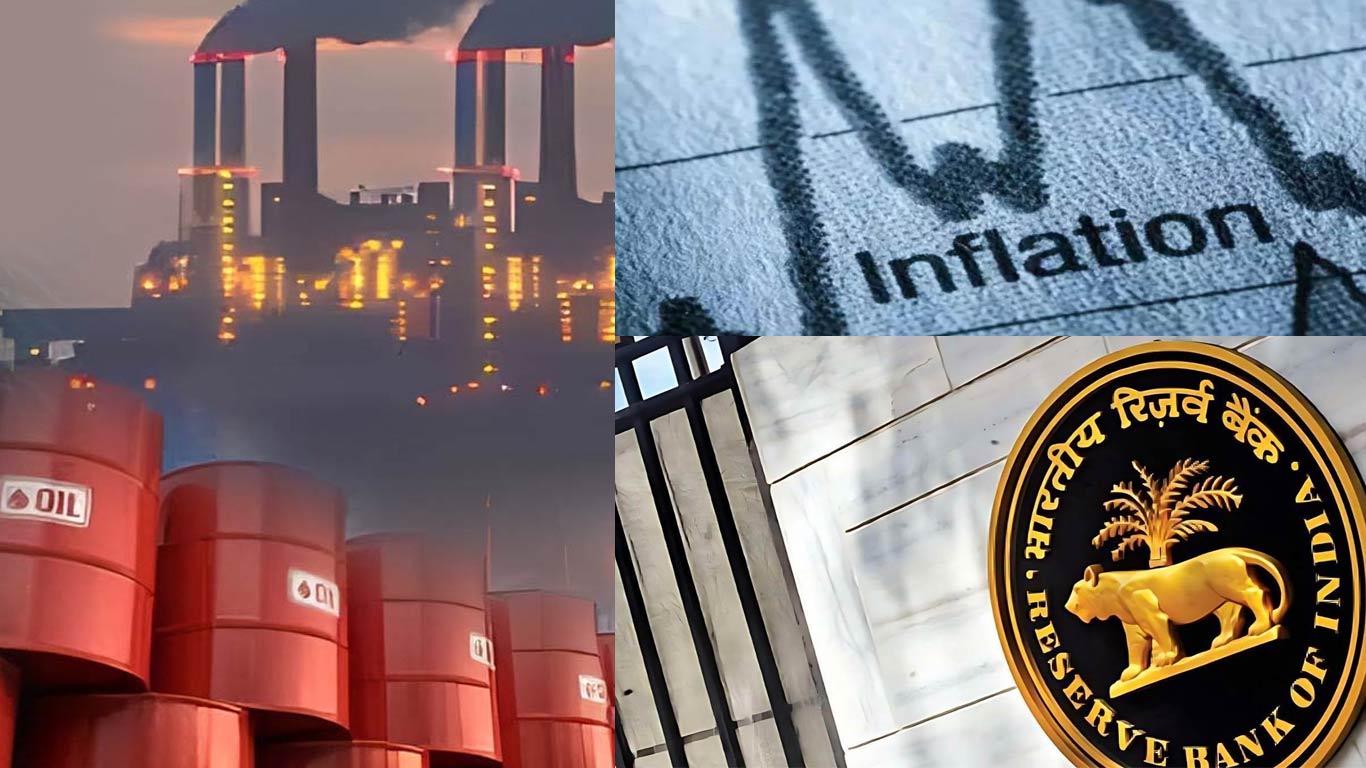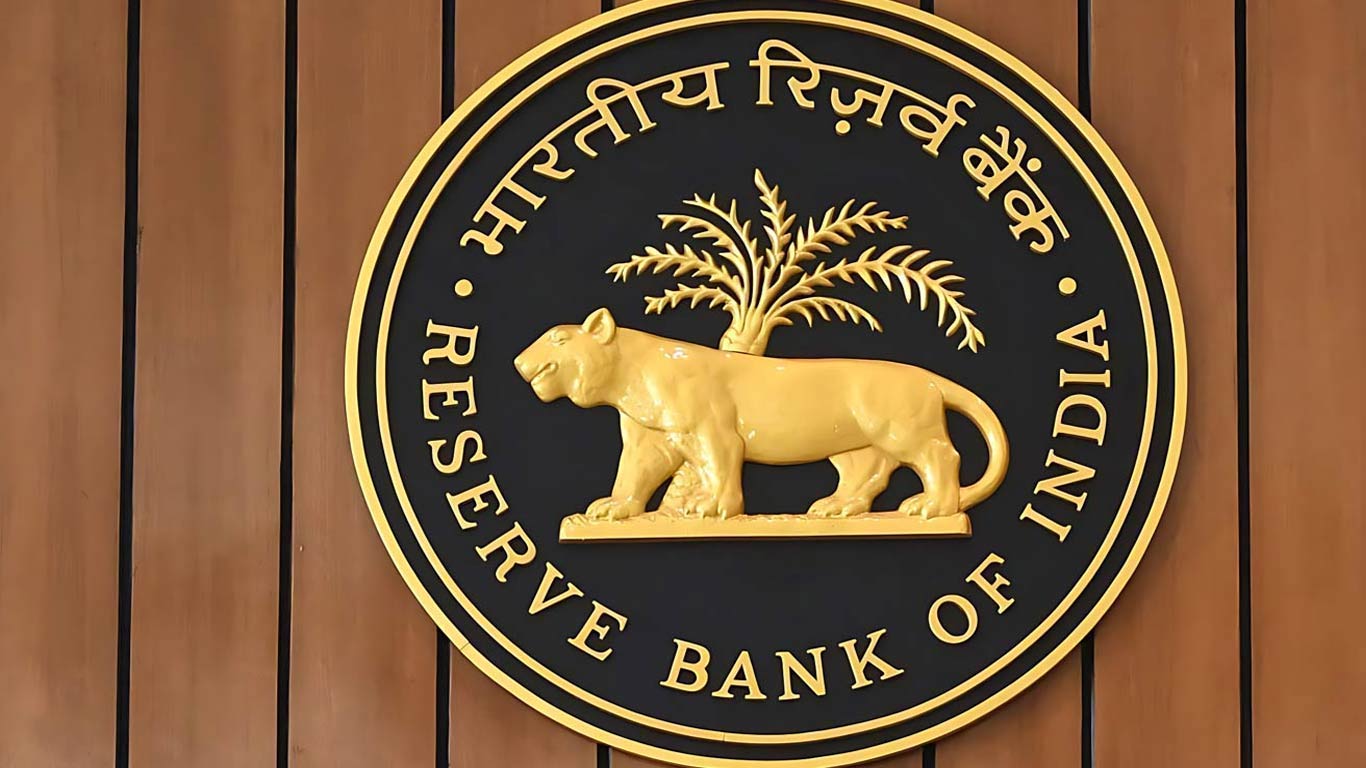India's Trade Policies Adapt To Growth, Eye $2 Trillion Exports By 2030: Piyush Goyal
Updated: Mar 29, 2024 02:44:34pm

India's Trade Policies Adapt To Growth, Eye $2 Trillion Exports By 2030: Piyush Goyal
New Delhi, Mar 29 (KNN) India's trade policies are tailored to support its growth trajectory while remaining open to further expansion, according to Union Minister Piyush Goyal.
Speaking at the Business Standard Manthan event in New Delhi, Goyal emphasised that trade policies must evolve alongside a country's economic growth cycle, as a "one-size-fits-all" approach is ineffective.
Goyal stated that while developed nations like the United States and Europe maintain high duties on certain products, India must continue internationalising its economy, seeking greater global engagement, and driving rapid export growth.
He expressed confidence that India will achieve USD 2 trillion in exports by 2030.
The minister highlighted that the recently signed European Free Trade Association (EFTA) agreement, involving Iceland, Liechtenstein, Norway, and Switzerland, includes a commitment of an additional USD 100 billion investment from these countries to create 1 million direct jobs in India over the next 15 years, in exchange for market access.
Regarding the Regional Comprehensive Economic Partnership (RCEP), Goyal explained India's withdrawal from the pact in 2019 as a measure to protect the domestic market from China and address stakeholder concerns.
He believes that had India remained in the RCEP, it would not have experienced the same level of growth in recent years, as the influx of "sub-standard, low-quality goods" from certain regions could have dampened investment appetite and the overall investment climate.
Addressing the recent decline in foreign investment in India, Goyal attributed it to globally high interest rates over the past two years, which have led to capital outflows from emerging economies.
However, he noted that the decline in India's foreign investment numbers has been nominal compared to the more severe impact on other emerging markets.
(KNN Bureau)











